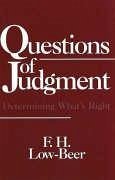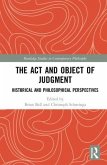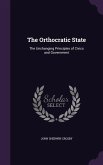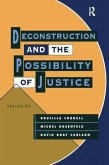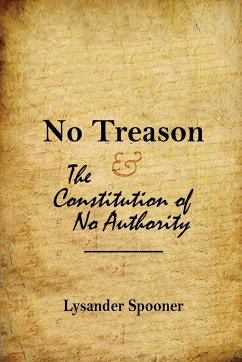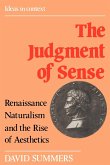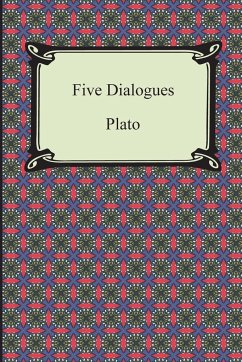This book helps to explain what we mean when we say that an issue, a question, or a situation is a matter of "judgement". Author F.H. Low-Beer opens a new window on cognition by examining judgement as exercise, an aspect not previously attempted in a systematic way. Problems ordinarily dealt with in practical reasoning, decision theory, and interpretation are examined here in a fascinating new light. Beyond its new theoretical insights, the singular contribution of this book lies in its examination of the overlooked place of judgement in the everyday world. Low-Beer looks at what is foundational in society, the courts, the professions, politics, and commerce fields of practice with which he is very familiar and concludes that the exercise of judgement is a defining characteristic of professionalism. The author's interdisciplinary approach will nudge readers of philosophy, legal and political theory, as well as decision theory to connect the academic with the wider world.
Questions of Judgment: Determining What's Right opens a new window on knowledge by examining judgment as exercise, an aspect that has received little notice since Aristotle. To label a contentious issue "a question of judgment" is widely regarded as a cognitive put-down that relegates judgment to the realm of the subjective. Challenging this view, F. H. Low-Beer begins by collecting what little has been said about the subject, and uncovers diverse meanings attributed to judgment generally. Identifying the critical elements of the exercise of judgment and relating them to cognitive functions, he argues for an autonomous status for judgment not traditionally acknowledged. Accepting its central place in cognition and everyday practice leads him to look at the extent to which judgment can be learned and its reciprocal relationship to character. Problems usually dealt with under the headings of practical reasoning, decision theory, and interpretation are examined in this new light. But apart from new theoretical insights, a singular contribution of Questions of Judgment lies in its examination of the overlooked place of judgment in everyday practice.
Hinweis: Dieser Artikel kann nur an eine deutsche Lieferadresse ausgeliefert werden.
Questions of Judgment: Determining What's Right opens a new window on knowledge by examining judgment as exercise, an aspect that has received little notice since Aristotle. To label a contentious issue "a question of judgment" is widely regarded as a cognitive put-down that relegates judgment to the realm of the subjective. Challenging this view, F. H. Low-Beer begins by collecting what little has been said about the subject, and uncovers diverse meanings attributed to judgment generally. Identifying the critical elements of the exercise of judgment and relating them to cognitive functions, he argues for an autonomous status for judgment not traditionally acknowledged. Accepting its central place in cognition and everyday practice leads him to look at the extent to which judgment can be learned and its reciprocal relationship to character. Problems usually dealt with under the headings of practical reasoning, decision theory, and interpretation are examined in this new light. But apart from new theoretical insights, a singular contribution of Questions of Judgment lies in its examination of the overlooked place of judgment in everyday practice.
Hinweis: Dieser Artikel kann nur an eine deutsche Lieferadresse ausgeliefert werden.

